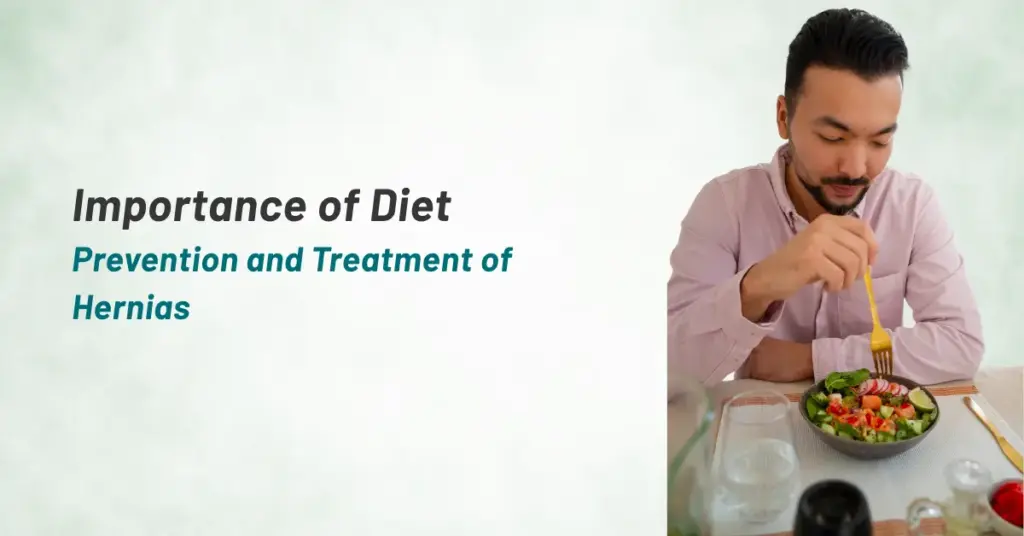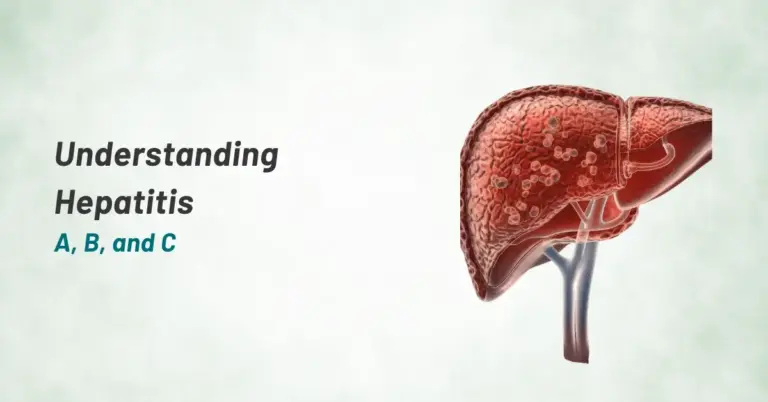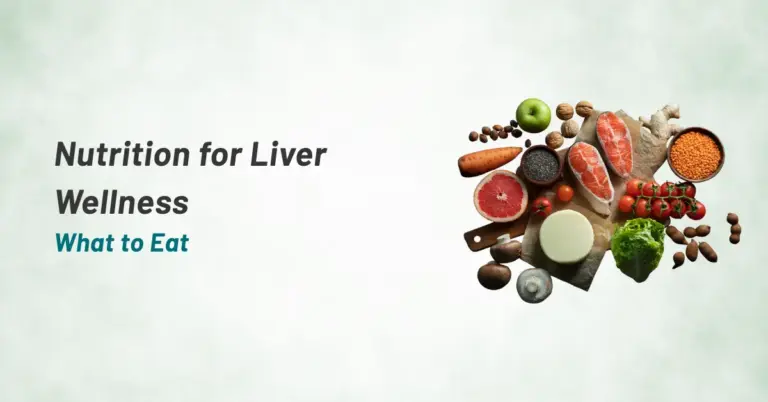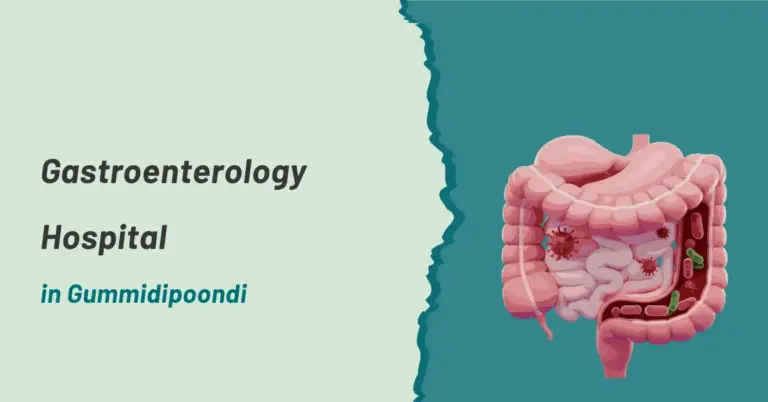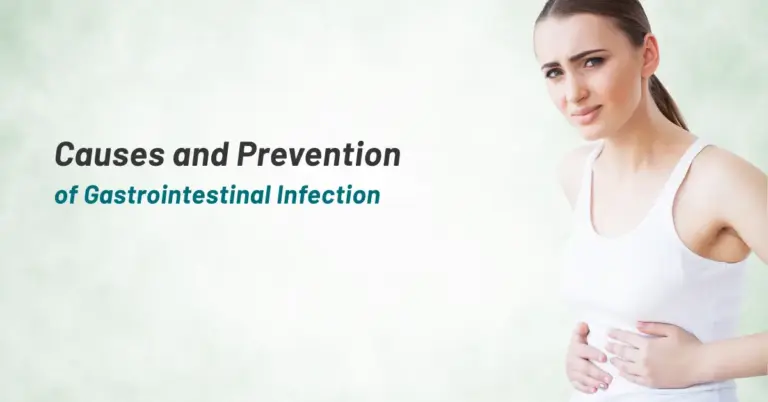Hernias are a common medical condition that occurs when an organ or fatty tissue protrudes through a weak spot or tear in the surrounding muscle or connective tissue. While hernias often require surgical intervention for treatment, the role of diet in both preventing and managing hernias is often overlooked. Making certain dietary choices can help strengthen the muscles, improve tissue health, and reduce the risk of hernia occurrence or recurrence. Choosing the best food for a hernia can support digestive health and ease abdominal strain.
Here, we offer a simple list of foods that individuals with hernias may consider incorporating into their meals, emphasizing the importance of seeking guidance from a healthcare provider before making any significant changes. By making informed dietary choices, you can potentially ease symptoms and enhance your overall well-being. This list is part of following the best Diet for a hernia for overall abdominal wellness.
High-Fiber Foods
Incorporating high-fiber foods into your diet can help prevent constipation, which is a risk factor for hernias. Foods such as fruits, vegetables, whole grains, and legumes are rich in fiber and can promote regular bowel movements, reducing the strain on the abdominal muscles.
Incorporating high-fiber foods into your diet can help prevent constipation, which is a risk factor for hernias. Foods such as fruits, vegetables, whole grains, and legumes are rich in fiber and can promote regular bowel movements, reducing the strain on the abdominal muscles. Including these items can be considered the best food for a hernia to reduce abdominal pressure.
Maintaining a Healthy Weight
Obesity and excess body weight can increase the risk of hernias, particularly in the abdominal area. Adopting a balanced diet that focuses on portion control, healthy food choices, and regular physical activity can help maintain a healthy weight and reduce strain on the abdominal wall. Maintaining a proper diet and lifestyle is also a key part of the diet plan after hernia surgery for recovery.
Hydration
Adequate hydration is essential for maintaining tissue health and preventing constipation. Drinking plenty of water throughout the day can help soften stools and ease bowel movements, reducing the risk of straining and hernia development. Hydration is an important aspect of selecting the best food for a hernia.
Protein-Rich Foods
Protein is essential for muscle repair and growth. Including lean sources of protein such as poultry, fish, tofu, beans, and nuts in your diet can help strengthen the muscles and tissues, reducing the risk of hernia occurrence or recurrence. These protein-rich choices are considered among the best food for a hernia for tissue support.
Vitamins and Minerals
Certain vitamins and minerals play a crucial role in tissue health and repair. Foods rich in vitamin C, vitamin E, zinc, and magnesium can help promote collagen production, which is essential for maintaining the integrity of connective tissues and preventing hernias. Selecting foods with these nutrients contributes to the diet for managing a hiatal hernia.
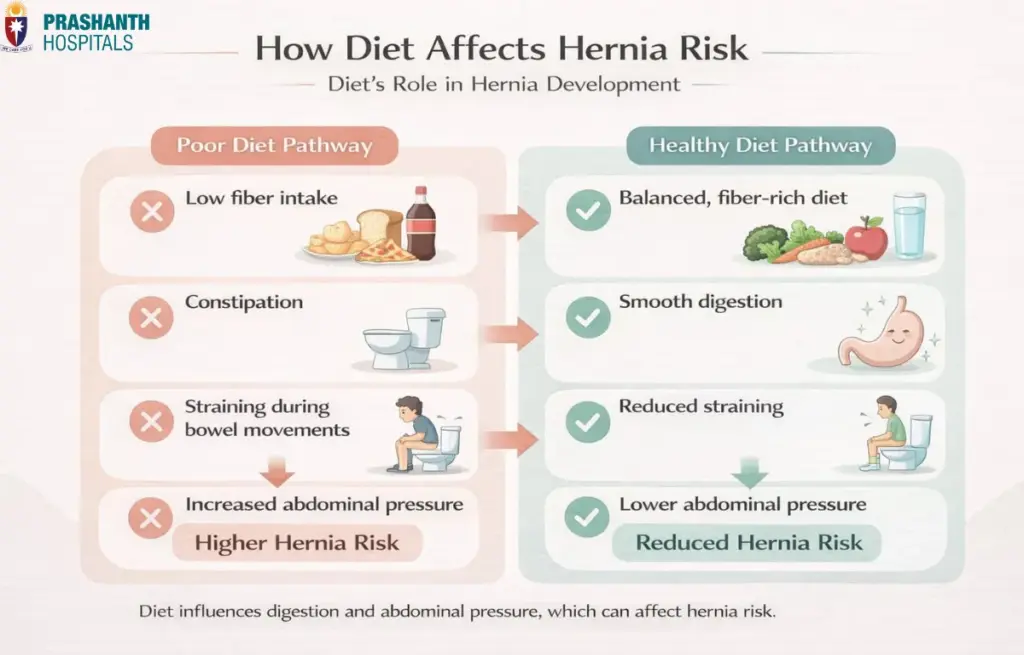
Best Food for a Hernia
Eating the right foods can help ease symptoms and support recovery. Choosing the best food for a hernia focuses on gentle digestion and reducing excess stomach pressure.
- Carrots and peas — cooked vegetables that are easy to digest and rich in fiber.
- Sweet potatoes — soft, fiber‑rich, and less likely to cause reflux.
- Carrot juice — mild and soothing for the digestive tract.
- Yogurt — provides probiotics that promote gut balance.
- Almonds and chia seeds — good sources of fiber for regular bowel movements.
- Soy milk — plant‑based and low in fat, easier on the stomach.
- Whole grain meal — foods like brown rice, barley, and whole wheat pasta that are easy to digest.
- Aloe vera juice — gentle on the stomach and may soothe irritation after meals.
- Cabbage juice — rich in nutrients and may support healthy digestion.
- Almond milk — another light, dairy‑free alternative for hydration.
- Artichokes — high in fiber and gentle on digestion.
- Green beans — mild, fiber‑packed, and easy on the gut.
- Non‑citrus foods such as bananas, melons and pears — less acidic and kind to the stomach.
Choosing the best diet for a hernia means focusing on foods that are easy to digest, low in fat, and rich in fiber to reduce pressure and discomfort.
Foods to Avoid
After hernia surgery or to manage hernia symptoms, avoiding certain foods can reduce discomfort and prevent complications. Following a proper diet plan after hernia surgery is important for smooth recovery.
- Spicy foods — chili, hot sauces, and pepper-heavy dishes that can irritate the stomach.
- Fried and fatty foods — deep-fried items, heavy sauces, and fatty meats that slow digestion.
- Carbonated drinks — soda and sparkling water that can cause bloating and gas.
- Caffeine-rich beverages — coffee, energy drinks, and strong tea that may increase reflux.
- Chocolate — may relax the esophageal sphincter and worsen heartburn.
- Onions and garlic (raw) — can cause bloating or indigestion in sensitive individuals.
- Citrus fruits — oranges, lemons, and grapefruits that may trigger acid reflux.
- Tomato-based products — sauces, ketchup, and tomato juice that may aggravate symptoms.
- Processed foods — ready-to-eat meals, chips, and packaged snacks high in preservatives.
Choosing safe foods and avoiding triggers is a key part of a diet for managing a hiatal hernia, helping reduce discomfort and support digestive health.
Avoiding Straining During Bowel Movements
Straining during bowel movements can increase intra-abdominal pressure and strain the abdominal muscles, potentially leading to hernias. Eating a diet rich in fiber, staying hydrated, and adopting proper bowel habits can help prevent constipation and reduce the risk of straining.
Even though diet might not completely stop hernias, making smart food choices can greatly lower the chance of getting one or having one happen again. Focusing on fiber-rich foods, staying hydrated, eating enough protein, and not straining during bowel movements are some of the things that people can do to improve their overall abdominal health and lower their risk of getting a hernia. It is essential to consult with a healthcare professional for personalized advice and guidance on hernia prevention and management, especially for individuals at higher risk or those with existing hernias.
It is essential to consult with a healthcare professional for personalized advice and guidance on hernia prevention and management, especially for individuals at higher risk or those with existing hernias. Choosing the best food for a hernia can play a supportive role in long-term abdominal health.

